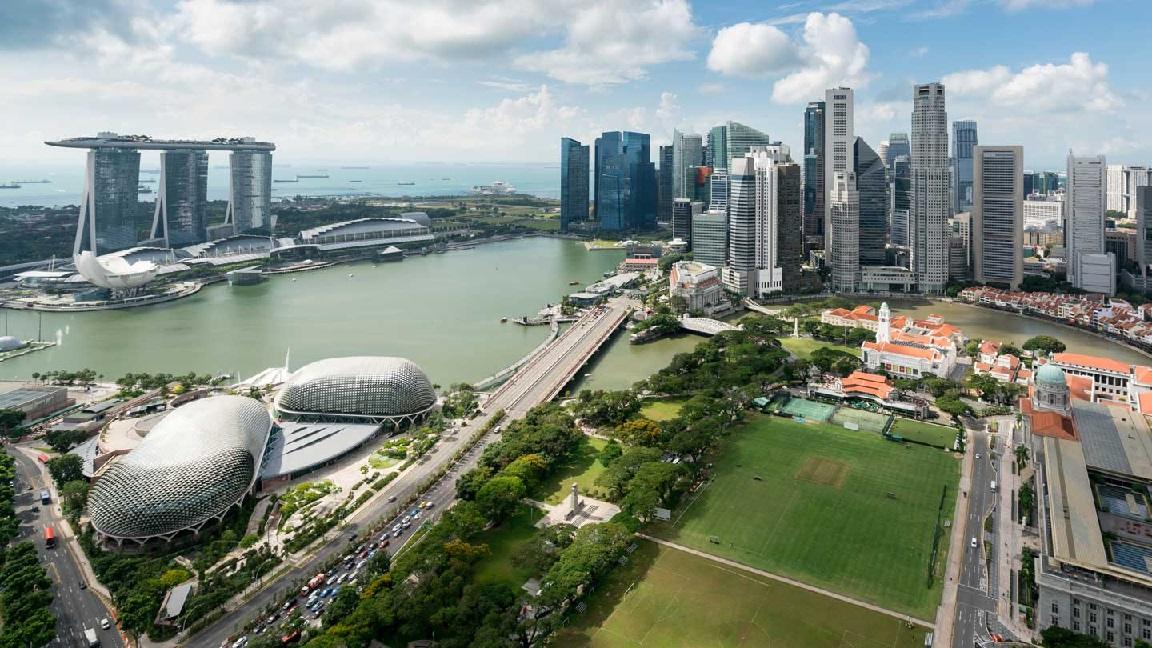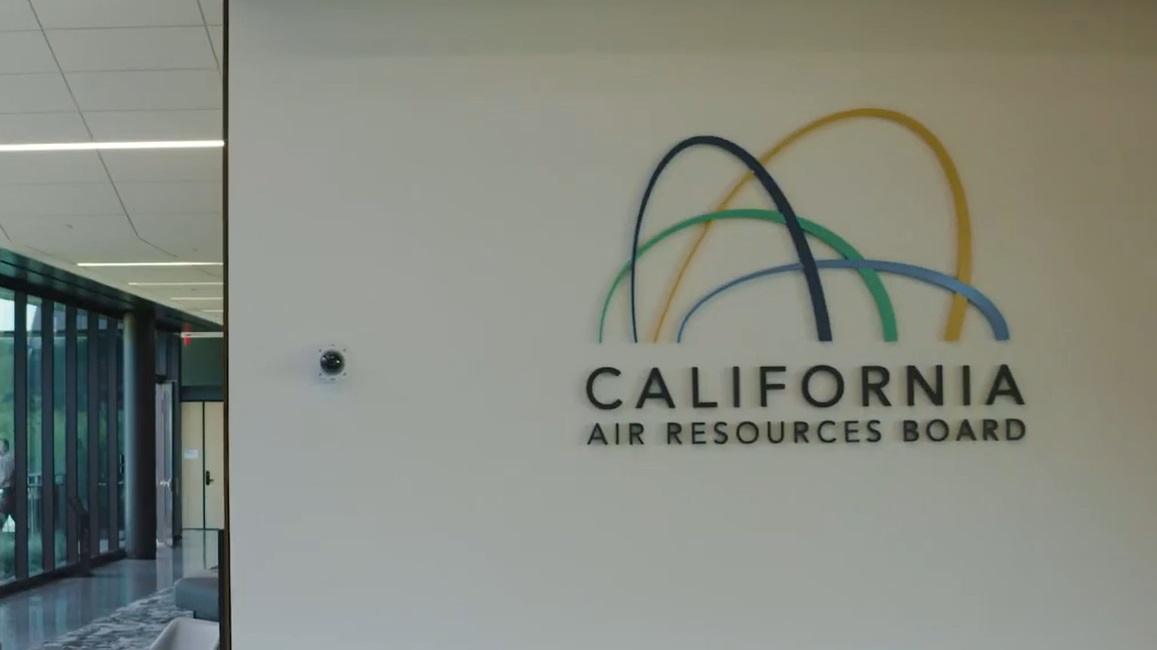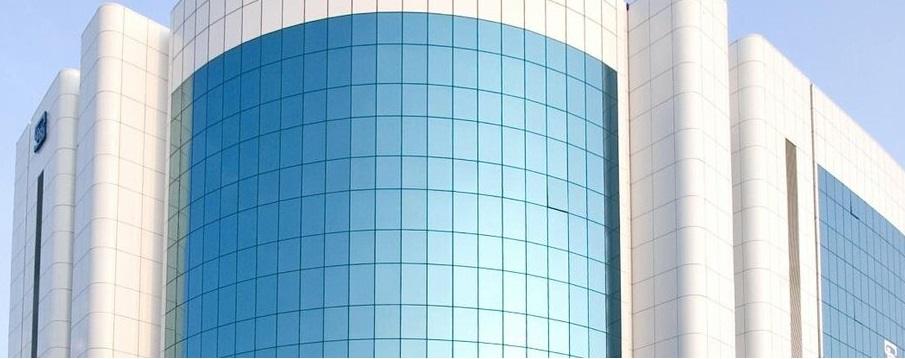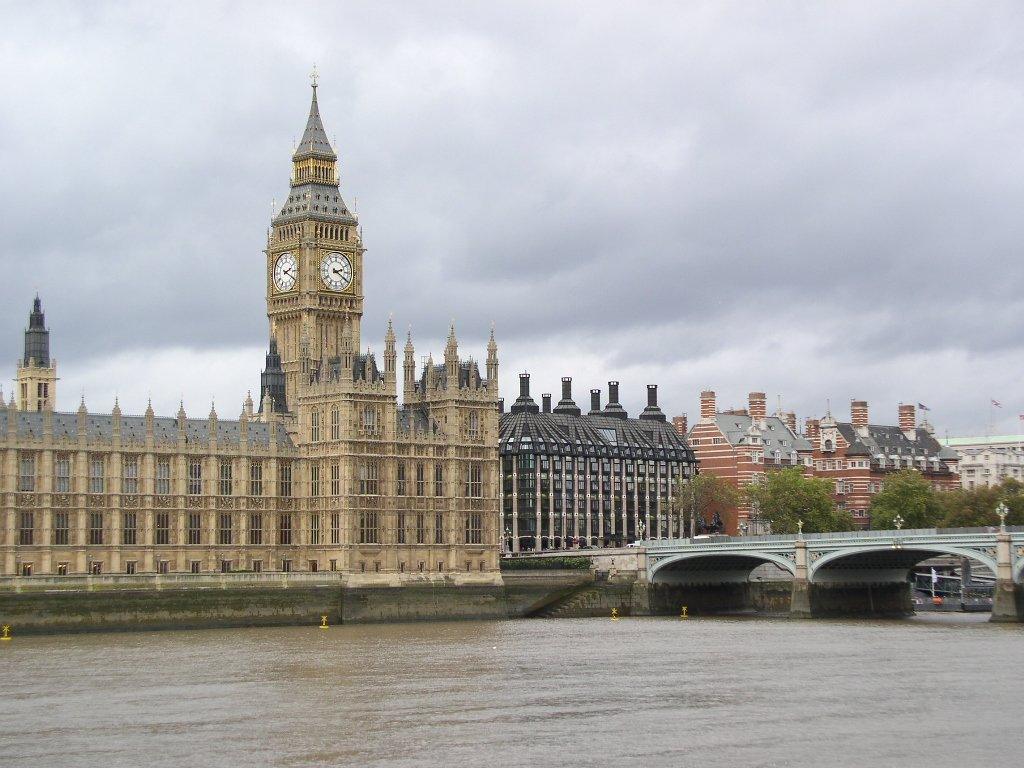Singapore Delays Climate Reporting Requirements to Give Smaller Companies More Time to Prepare
Singapore’s business reporting, accounting and corporate services and markets regulators the Accounting and Corporate Regulatory Authority (ACRA) and Singapore Exchange Regulation (SGX RegCo) announced significant changes in the timelines for the implementation of most mandatory climate-related reporting requirements for companies, including delaying some disclosures for small and mid-sized companies by up to five years.
While all listed companies will still be required to report Scope 1 and 2 greenhouse gas (GHG) emissions from FY2025, and the largest listed companies to report on Scope 3 value chain emission from FY2026, for the vast majority of companies ISSB-based disclosures are being pushed back, and Scope 3 reporting will be voluntary until further notice, according to the regulators.
In a statement announcing the delay, the regulators cited “the uncertain global economic landscape,” as well as feedback from companies – and smaller companies in particular – indicating that they need more time to prepare for climate-related reporting.
ACRA Chief Executive Mrs Chia-Tern Huey Min said:
“Sustainability reporting is a crucial tool for companies to support their sustainability strategy and for accountability to their stakeholders. Our differentiated implementation approach provides companies who are less ready with some relief in the near term so that they can build up capabilities for the future, while requiring companies who are more ready to progress with their reporting.”
The announcement follows a request published in June by the Singapore Business Federation (SBF), Singapore’s key business association, asking regulators to delay climate-related disclosure requirements for smaller companies, citing a survey of small and mid-cap companies indicating that only 4% were “very confident” in their ability to meet the current timeline, with companies noting challenges including an incomplete understanding of disclosure requirements, lack of time and resources to build internal capabilities, and requirements to set up robust data collection processes. Small- and mid-cap companies account for 84% of listings on the SGX.
The government of Singapore announced in early 2024 its plan to implement mandatory climate-related reporting requirements for listed and large non-listed companies, aligned with the standards issued by the IFRS Foundation’s International Sustainability Standards Board (ISSB).
Under the initial timeline, the reporting obligations were set to be implemented in a phased approach, beginning with all listed companies in 2025, followed by large, non-listed companies, defined as those with at least $1 billion in revenue and $500 million in assets in 2027. Listed companies were required to report on Scope 1 and 2 emissions in the first year, and on Scope 3 in 2026, and to obtain external limited assurance on Scope 1 and 2 GHG emissions two years after beginning reporting. Large non-listed companies were set to follow a similar timeline, although Scope 3 reporting was begin for these companies no earlier than 2029.
In September 2024, SGX RegCo eased some of the reporting requirements for smaller listed companies, announcing that it would review companies’ experience and readiness before establishing the implementation roadmap for reporting Scope 3 GHG emissions.
The new timeline divides listed companies into three categories, including Straits Times Index (STI) constituents, consisting of the top 30 companies by market capitalization listed on SGX, non-STI constituents with market caps above $1 billion, and companies with market caps below $1 billion. Under the new plan, Scope 1 and 2 disclosure for all companies and all reporting requirements for STI constituents remain unchanged. Scope 3 reporting will initially remain voluntary for non-STI companies, while other ISSB-based climate reporting requirements will now begin in FY2028 for companies in the $1 billion+ market cap group, and in FY2030 for companies with market cap below $1 billion. External assurance for all companies’ Scope 1 and 2 reporting is pushed out to 2029.
For large non-listed companies, Scope 1 and 2 emissions reporting will be pushed out to FY2030 from FY 2027, Scope 3 reporting will remain voluntary, and external assurance on Scope 1 and 2 will be delayed to FY2032 from FY2029.
In the statement, the regulators noted that “STI constituents have demonstrated a higher degree of readiness and capabilities for such disclosures,” and encourage companies to “continue strengthening their climate reporting capabilities and demonstrate progress towards incorporating the climate-relevant provisions from the ISSB Standards.”
SGX RegCo CEO Mr Tan Boon Gin said:
“High-quality climate-related disclosures are necessary but challenging to produce. We are taking a more targeted and proportionate approach – large companies like STI constituent listed companies have more resources and should take the lead. Other companies may require more time which is why we are extending some timelines and continuing with capability building efforts. We will however retain the start-date for mandatory Scope 1 and 2 GHG emissions disclosure as this information is more circumscribed. In making these disclosures, companies will also learn and can prepare for other aspects of reporting that will be mandatory in future.”




